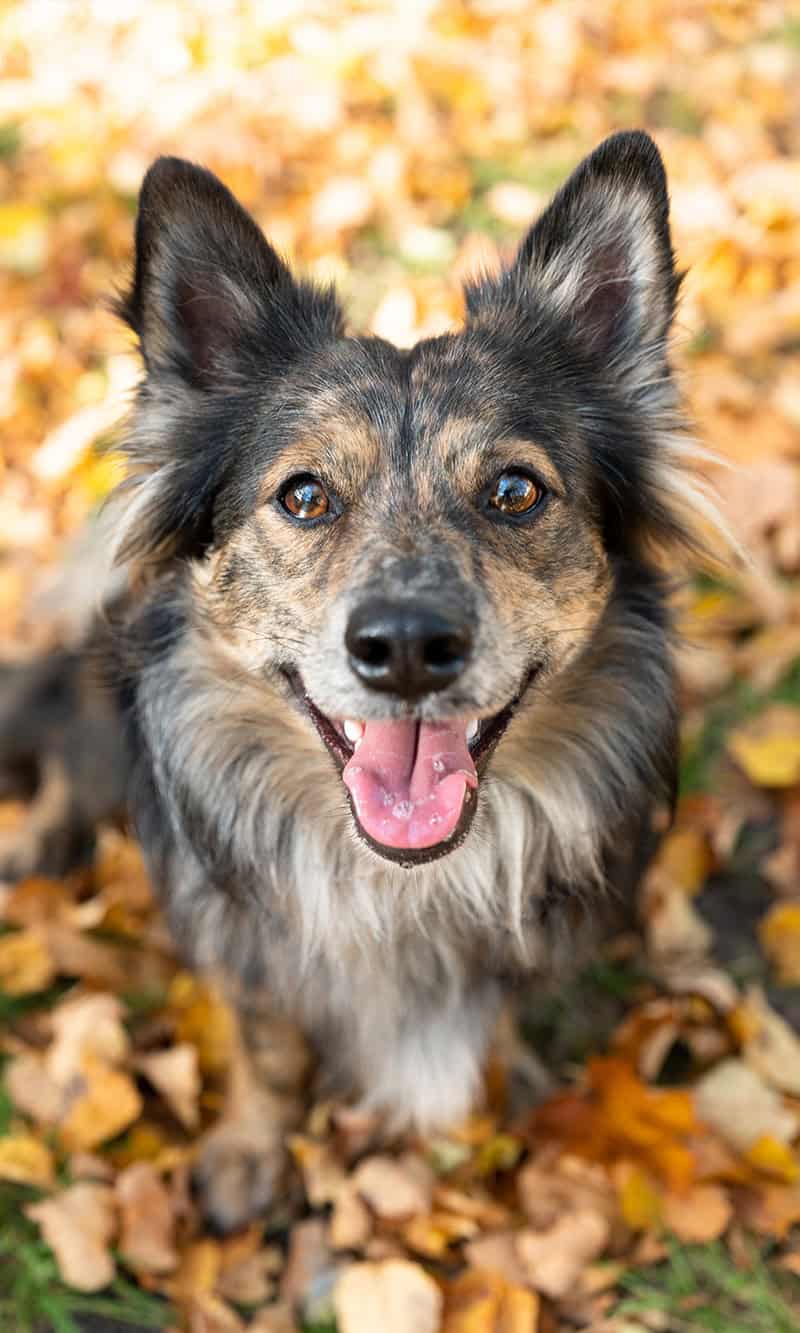Veterinary Neurologic Examinations in Minnesota
The first step in identifying your pet’s neurologic condition is a neurologic examination. This can be a nerve-wracking process for pets and their parents, but our team at Minnesota Veterinary Neurology works to make these exams stress-free for everyone.

What Are Neurologic Exams?
Neurologic exams are performed to help us identify two things:
- Whether or not your pet has a neurologic condition
- Which part of the nervous system is affected
Let’s take a closer look. First, it’s helpful to understand the canine and feline nervous system.
Cats and dogs alike have two main parts of their nervous system, which are:
- Central nervous system: includes the brain and spinal cord
- Peripheral nervous system: includes the cranial and spinal nerves, which extend throughout the body
Using both your pet’s medical history and a full neurologic exam, Dr. Carpentier can identify which part of your pet’s nervous system is affected. This helps guide the treatment and management plan, which is custom-tailored to your pet’s needs.
What Happens During a Neurologic Exam?
The first thing you and your pet will do is meet with one of our excellent certified veterinary technicians or technician assistants. You’ll get the opportunity to tell the tech everything about your pet’s medical history. Don’t hold back—every little bit of information about your companion’s symptoms, medical conditions, and life experiences can help us make an accurate diagnosis.
Next, your pet will be taken to the gait analysis room for a full neurologic examination. Our state-of-the-art gait analysis room allows us to fully evaluate your pet's gait, providing us with incredible insight into their underlying neurologic disease.
Dr. Carpentier will then complete the neurologic examination, evaluating your pet’s cranial nerves, segmental reflexes, proprioception, and any evidence of spinal pain. At the end of the neurologic examination, Dr. Carpentier will be able to tell you what part of your pet’s nervous system is affected. She’ll put together a plan with you to most accurately diagnose your pet’s condition.

Advanced Diagnostics
Some of the diagnostics that Dr. Carpentier may discuss include blood work, radiographs, an MRI, or a spinal tap. During an MRI, your pet will undergo general anesthesia, and we monitor your pet and their vitals closely throughout the procedure.
We perform these diagnostics on site at MVN, leading to a rapid diagnosis. This allows us to start treating your pet that much sooner. The treatment plan may include medical or surgical interventions.
We’re happy to answer questions you have about neurologic testing, and the strategizing you and Dr. Carpentier will do to help manage your pet’s neurologic condition. For any questions about the process, please reach out to our team at (651) 424-1122.


